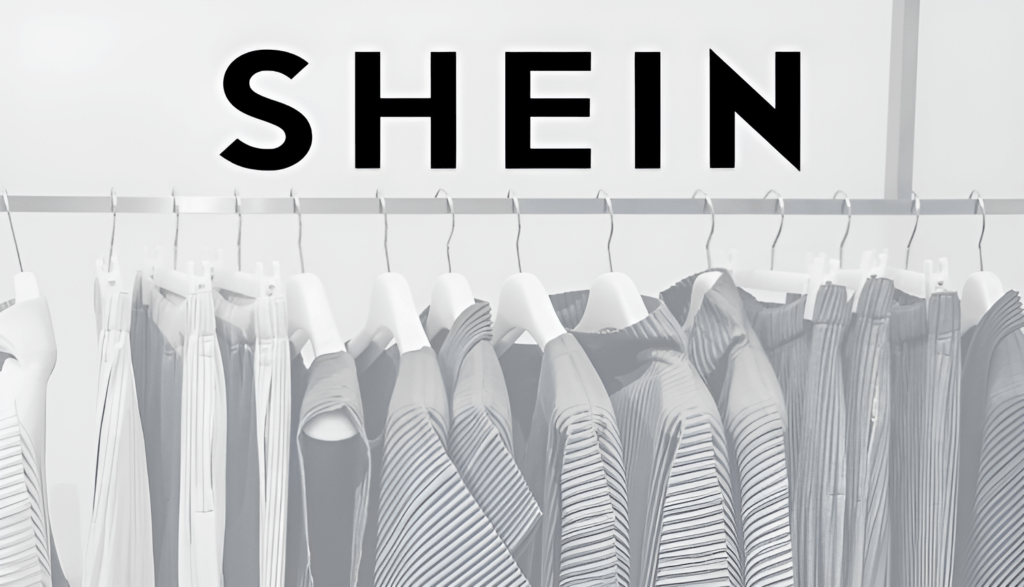Shein, the online fast-fashion giant, actively enforces strict sourcing regulations for its cotton. The company mandates that its contract manufacturers utilize cotton exclusively from approved regions for products sold in the United States, its largest market. These approved sources include Australia, Brazil, India, the United States, and, in limited situations, select countries within Europe, the Middle East and Africa, and Southeast Asia.
Compliance with U.S. Law
Shein’s General Counsel for Europe, the Middle East, and Africa, Yinan Zhu, provided written testimony to a British parliamentary committee. He emphasized that these sourcing restrictions ensure compliance with the Uyghur Forced Labor Prevention Act. This U.S. legislation aims to prevent products made with forced labor in China from entering the American market.
Addressing Xinjiang Cotton Concerns
Shein has faced accusations regarding the presence of cotton from China’s Xinjiang province in its products. The U.S. government and various NGOs have alleged forced labor and human rights abuses against the Uyghur population in Xinjiang. While Beijing denies these allegations, Shein proactively addresses these concerns through its sourcing policies.
Global Supplier Code of Conduct
Shein, operating in 150 markets worldwide, maintains a supplier code of conduct that explicitly prohibits forced labor, regardless of where its products are sold. However, the company has not explicitly clarified whether the restrictions on cotton sources apply universally to all markets, including the UK, where it is reportedly planning a London IPO.
UK Lawmakers Seek Transparency
Labour lawmaker Liam Byrne, chair of the Business and Trade committee, is leading an inquiry into the UK government’s new Employment Rights Bill. He has expressed concern about the potential use of Xinjiang cotton in goods sold in the UK and has requested further clarification from Shein. Byrne emphasizes the importance of transparency for British consumers and investors, particularly in light of the potential IPO.
Shein’s Cotton Traceability and Testing
Shein utilizes isotopic testing from Oritain to verify the origin of the cotton used in its products. This testing helps ensure that the cotton comes from approved sources and is free from any connection to unapproved regions. In 2024, testing revealed that 1.3% of Shein’s cotton originated from unapproved regions, although the specific regions were not disclosed.
Parliamentary Scrutiny and IPO Implications
Zhu represented Shein at a parliamentary hearing but faced criticism for declining to answer questions about the company’s use of cotton from China. This has prompted concerns from Byrne, who has raised the issue with both the Financial Conduct Authority (FCA) and the London Stock Exchange.
The CEO of the London Stock Exchange responded by stating that while she cannot comment on specific companies, the scrutiny applied to companies seeking access to UK public markets enforces greater discipline and transparency. The FCA Chief Executive, Nikhil Rathi, added that the regulator ensures IPO prospectuses provide all necessary disclosures for potential investors to understand legal risks. The FCA review process also includes background checks on the company and its leadership.
Byrne remains unsatisfied with these responses and continues to seek further information. He advocates for stronger safeguards against forced labor in the government’s employment legislation. This would ensure that companies like Shein, if they choose to pursue an IPO on the London Stock Exchange, are subject to robust regulations regarding forced labor.


